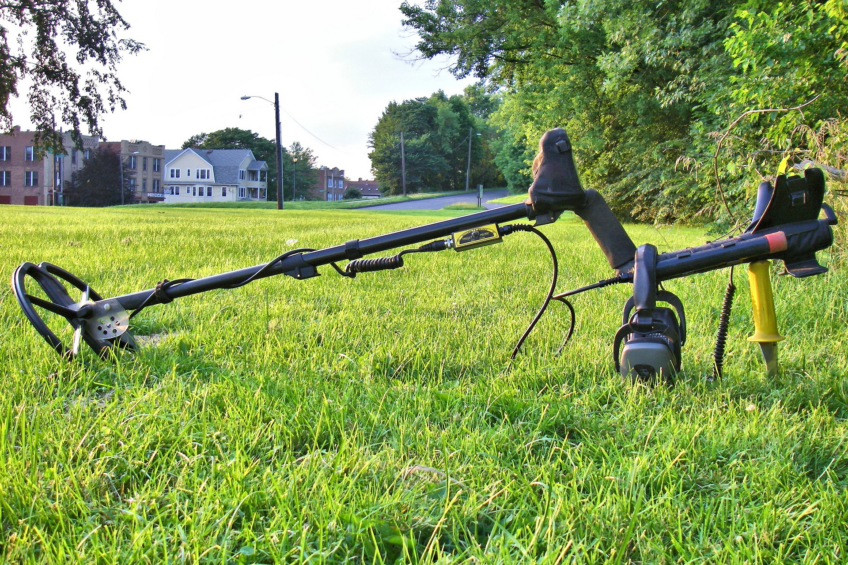The countryside around us has been the site of many a historical event and as such, it’s a mecca for metal detectorists and amateur archaeologists hoping to find hidden treasure.
In fact, according to the Portable Antiquities Scheme (PAS) Annual Report for 2022, 53,490 archaeological finds were recorded over the year with the most PAS finds recorded in Lincolnshire of 5,101.
However, finding a horde of ancient coins, jewellery, or artifacts isn’t just a matter of finders keepers, says Alistair Millar from Tallents Solicitors.
The discovery of what might be considered ‘treasure’ carries significant legal implications under British law, specifically governed by the Treasure Act 1996 (the Act) in England, Wales, and Northern Ireland.
What is the Treasure Act 1996?
The Act was enacted to ensure that significant archaeological finds, particularly those made of precious metals, are preserved for the public interest, rather than being lost or privately sold without record.
According to the Act, ‘treasure’ is defined in several ways:
- it must be at least 300 years old and contain a minimum of 10% gold or silver if it is a coin or prehistoric metalwork.
- Additionally, objects found in the same place as, or that had previously been together with, another treasure find also qualify.
- Recent amendments to the Act have expanded these definitions to include certain other criteria, emphasising the historical and cultural significance of these finds over their material value.
I’ve found buried treasure, what do I legally need to do?
Upon discovering what they believe to be treasure, finders have a legal obligation to report their find to the local coroner within 14 days of either the find, or realising it might be classed as treasure. The landowner must also be notified of the find.
Failure to do so is a criminal offense, potentially leading to an unlimited fine, a custodial sentence of up to three months, or both. The purpose of this reporting is to assess the find’s historical significance and determine whether it qualifies as treasure under the Act. The Portable Antiquities Scheme can also offer advice on any finds.
Who’s entitled to a share of the treasure?
Once a find is declared treasure it automatically becomes vested in either the Crown or the franchisee of the Crown, if there is one (for example, the Duchy of Cornwall, the Duchy of Lancaster and the Cities of London and Bristol). Then the Treasure Valuation Committee will decide on the value of the treasure and the find must be offered for sale to a museum on behalf of the Crown. This process ensures that important artifacts are preserved for public benefit and research, rather than disappearing into private collections.
If the find is sold, then the proceeds are typically shared between the finder, assuming you had permission to be on the land and acted in good faith, and the landowner (who may be a person or organisation). However, there may be additional claims made by someone who occupies the land as a tenant of the owner.
If the find is not sold and Crown does not want to retain it, then the rights to it are returned to the finder who may then dispose of it as they see fit, although the landowner has 28 days to object to this.
The find of the Newark Torc, an Iron Age necklace netted the finder, Maurice Richardson a reward of £175,000 as a share of the torc’s final sale value. The Torc can be viewed at the National Civil War Centre Museum.
As the landscape of the UK continues to yield its hidden treasures, the legal frameworks that govern these finds ensure their historical, archaeological or cultural value is preserved for future generations, enriching our collective history and knowledge.
As a landowner, you may wish to have legal agreements drafted between yourself and metal detectorists which predetermine the percentage interest to be transferred on any find to the detectorist. The legal experts at Tallents Solicitors can help and advise you on such matters. Please call one of our three offices in Newark, Southwell or Mansfield to make a confidential appointment.
— — —
This legal content of this article is correct at the date of publishing. We recommend you seek legal advice with regards to your personal circumstances before acting.
— — —



